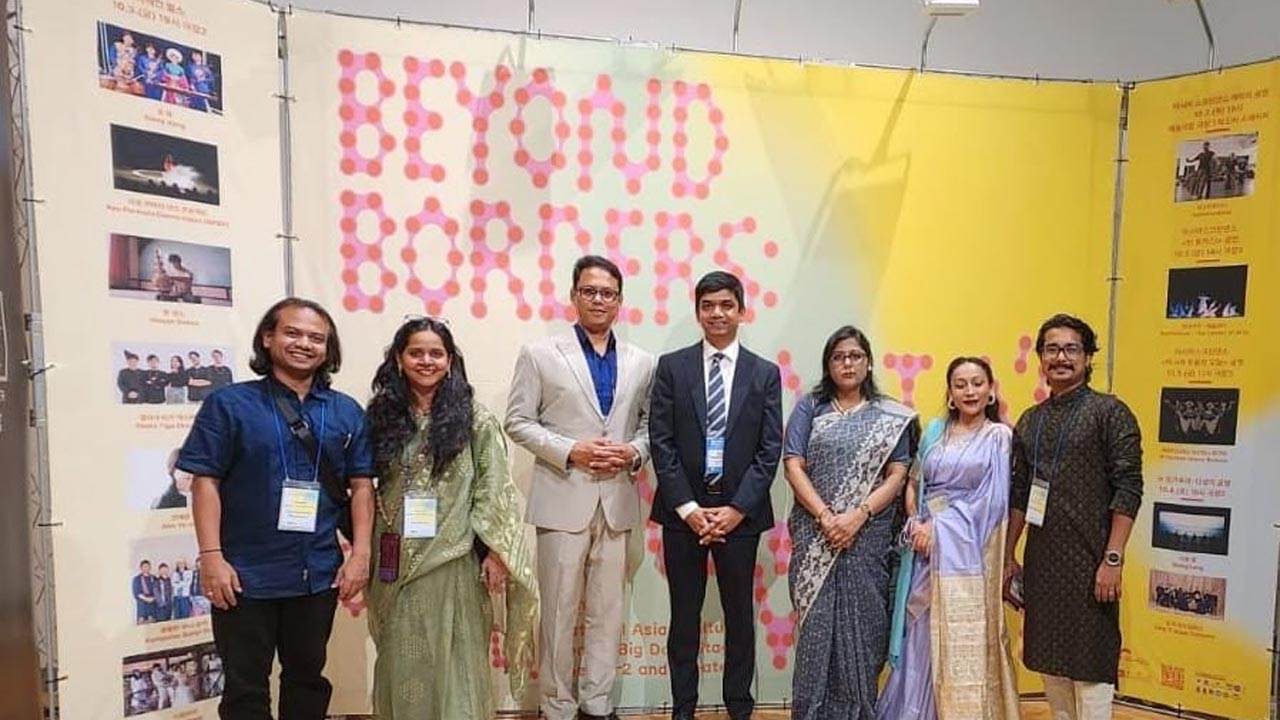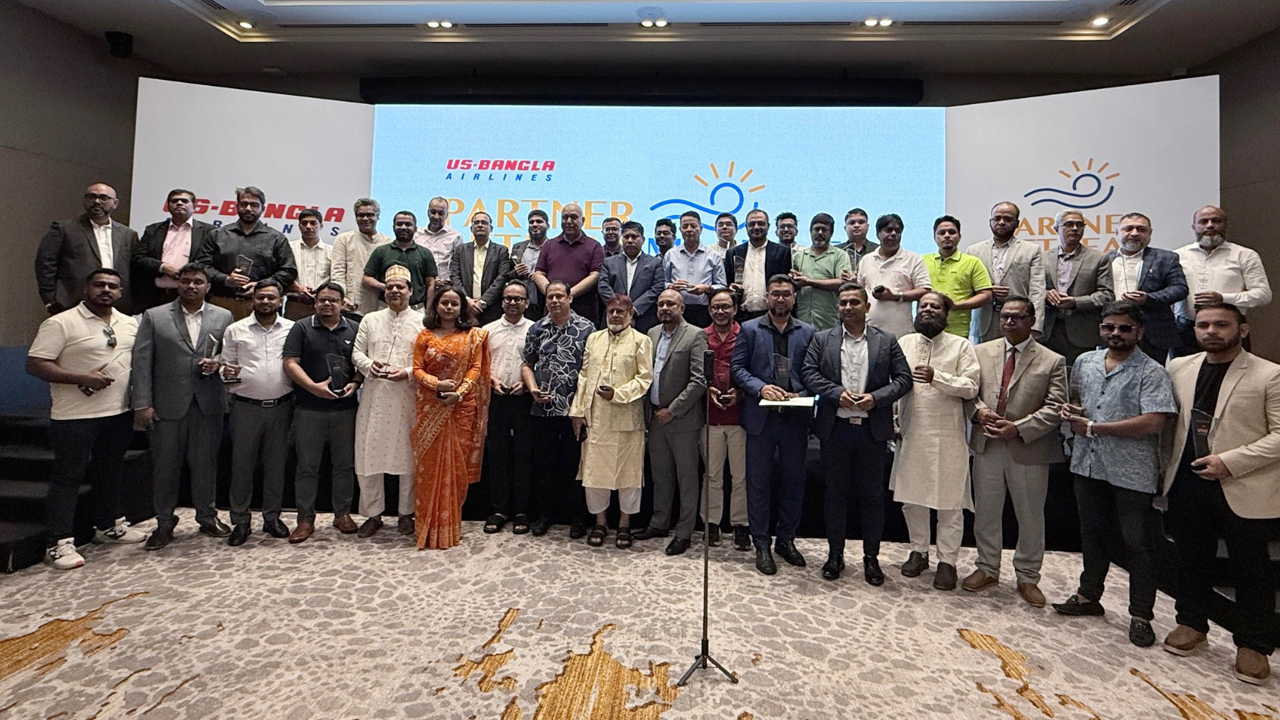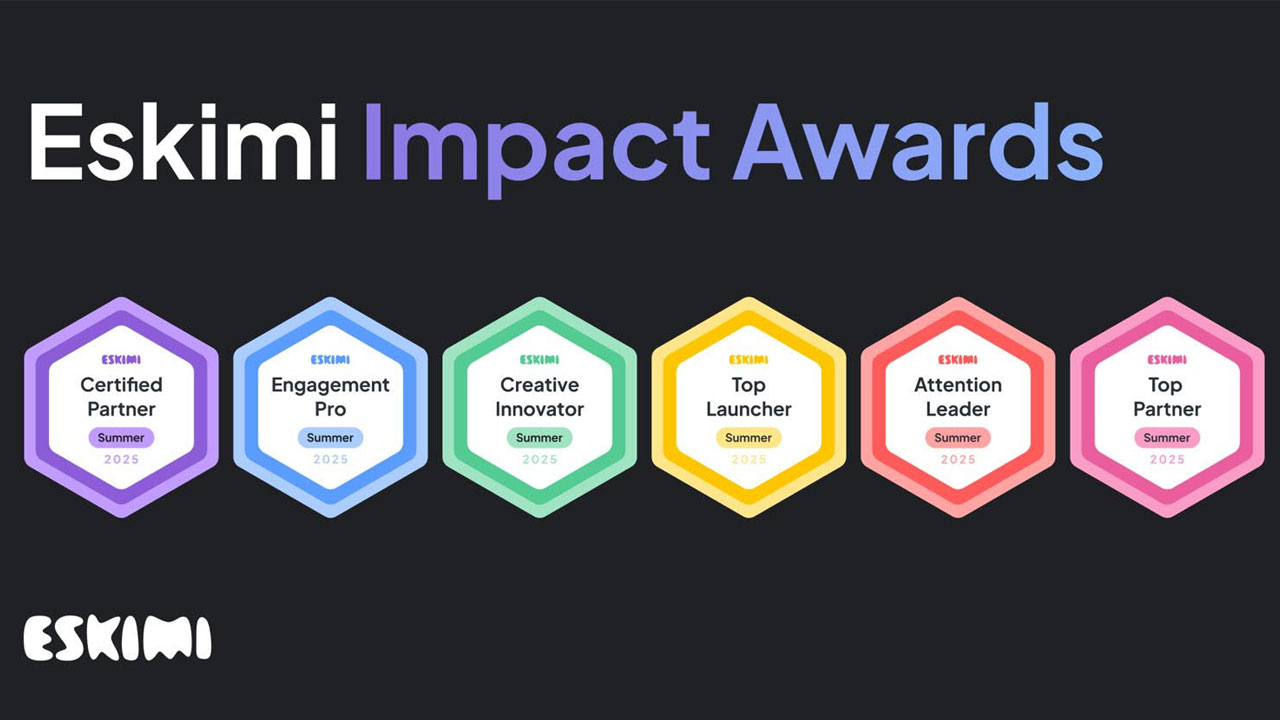Dubai Ready for UN Climate Change Conference - COP28 [Detail]
11 November 2023, 03:35 pm
![Dubai Ready for UN Climate Change Conference - COP28 [Detail]](https://cdn.dhakapost.com/media/imgAll/BG/2023November/cop28-uae-20231111153518.jpg)
The 28th Conference of the United Nations Framework Convention on Climate Change, more commonly referred to as COP28, will take place from November 30 - December 12, 2023 in Dubai, United Arab Emirates. As the premier annual gathering for international climate negotiations, COP28 is expected to advance the goals of the Paris Agreement and Glasgow Climate Pact by setting more ambitious emissions reduction targets and establishing mechanisms for climate finance and adaptation.
Overview of COP28
COP28 will bring together representatives from the nearly 200 countries that are signatories to the UNFCCC along with businesses, NGOs and other observers. The COP is the highest decision-making body responsible for reviewing the implementation of the Convention and any other legal instruments adopted under it.
Some of the key issues and discussion points anticipated at COP28 include:
- Finalizing the Paris Agreement rulebook - There are still some details of the implementation guidelines and transparency framework that need to be settled.
- Increasing Nationally Determined Contributions (NDCs) - Countries will be expected to come forward with more ambitious 2030 emissions reduction targets in line with limiting warming to 1.5°C.
- Loss and damage funding - There will be negotiations around establishing a loss and damage finance facility to help vulnerable countries recover from climate impacts.
- Climate finance - Developed countries will be pressured to meet and expand upon the $100 billion per year climate finance commitment.
- Carbon markets and pricing - Rules and standards for international carbon trading need to be further developed.
- Adapting to climate impacts - Countries will share progress on national adaptation efforts and resilience building.
- Pre-2030 ambition - Discussions will take place on strategies to accelerate emissions reductions before 2030.
COP28 Location
The COP28 climate talks will take place at the Dubai Exhibition Centre. The United Arab Emirates was selected as the host country through a bidding process among member states. This will be the second time a COP is held in Western Asia, after COP18 in Doha, Qatar in 2012.
The UAE has already begun preparing for the conference, including renovating the venue and nearby areas. They are expected to put substantial resources into ensuring the event is logistically well-managed and successful.
However, there has been some criticism over the UAE's suitability as a host given its dependence on fossil fuel exports. The Gulf state may face calls from activist groups to improve its climate commitments in line with limiting warming to 1.5°C.
Attendance at COP28
Around 45,000 participants are expected to attend COP28, including:
- Country delegations - Each UNFCCC member state sends a negotiating team consisting of government officials and climate diplomats. The teams are led by environment ministers or other high-level national representatives.
- UN officials - Top UN leaders like the Secretary-General traditionally attend along with climate staff from various UN agencies like UNEP and UNDP.
- IPCC scientists - The Intergovernmental Panel on Climate Change releases assessment reports at COPs informing the scientific basis for negotiations.
- Businesses and investors - Major corporations and financial institutions go to advocate for policies aligned with their interests.
- NGOs - Environmental and civil society groups monitor the talks and lobby for ambitious outcomes.
- Media - Thousands of journalists provide global coverage of the proceedings.
- Observers - Universities, municipalities, indigenous groups and others gain accreditation to observe the discussions.
- Protesters - Activists take part in protests and marches outside the conference venue to apply public pressure.
Negotiation Process at COP28
The complex UN climate talks take place through an intricate process of closed-door bilateral and small group meetings along with more formal plenary sessions.
Each yearly COP works to further previous agreements and takes some negotiated decisions forward. However, consensual decision-making means the pace of progress can be quite slow.
Here are some of the key elements of how the negotiations will be structured at COP28:
- The conference will open with speeches from the host country and high-level dignitaries. The incoming COP President will set the stage and goals.
- National delegations will break into various technical working groups and contact groups to debate specific issues and draft decision text. These smaller forums is where much of the real negotiations take place.
- There will also be designated sessions of the permanent UNFCCC subsidiary bodies like the Subsidiary Body for Scientific and Technological Advice (SBSTA) which focuses on technical matters.
- Ministerial roundtables and bilateral meetings between national delegations also work to broker compromises and move negotiations forward.
- Draft decisions refined by smaller groups will go to the COP plenary where all countries must adopt them by consensus for passage. Disagreements often go down to the wire.
- The role of COP President is to oversee this process, broker compromises and steer the conference toward ambitious outcomes.
What is Expected from COP28?
Given the urgent need to limit warming to 1.5°C, COP28 is under pressure to deliver much more decisive climate action. Here are some of the high-level outcomes participants hope to achieve:
- Raising NDCs - All countries will be expected to strengthen their 2030 emissions reduction targets, hopefully by around 45% globally compared to 2010 levels.
- Closing Paris rulebook - Finalizing the outstanding technical rules is seen as critical to fully implementing the Paris Agreement and carbon markets.
- Loss and damage fund - There is optimism that the contentious issue of financing for loss and damage may culminate in the creation of a dedicated fund mechanism.
- Climate finance roadmap - Developed countries need to present a credible roadmap for mobilizing the overdue $100 billion a year and scaling it up further.
- Adaptation progress - Countries must demonstrate increased adaptation efforts and resilience to unavoidable climate impacts through initiatives like the Global Goal on Adaptation.
- Pre-2030 action - Negotiators hope to agree on strategies and incentives for driving greater climate action during this decade rather than waiting until after 2030.
- Keeping 1.5°C alive - Overall the COP needs to send clear signals that the 1.5°C goal remains achievable with sufficient political will and cooperation.
Role of the COP28 Presidency
The presidency of the COP28 climate conference will play a pivotal role in shaping negotiations and shepherding the process toward ambitious outcomes.
The incoming president for COP28 is Sheikh Abdullah bin Zayed Al Nahyan, the Minister of Foreign Affairs and International Cooperation for the UAE. As president he will hold considerable authority to set the agenda, tone and priorities for the talks.
Key responsibilities of the COP28 President include:
- Officially opening and closing the conference.
- Facilitating informal Ministerial-level consultations that guide higher-level progress.
- Overseeing the decision-making process, ensuring inclusive participation and consensus.
- Managing the negotiations and resolving any impasses between parties.
- Communicating progress made in an open and transparent manner.
- Working closely with the Secretariat to guide the conference and troubleshoot issues.
- Consulting with the COP Bureau on any procedural matters and next steps.
The Presidency requires strong diplomatic and consensus-building skills. The UAE's commitment to constructive multilateralism will be tested given the complex geopolitics around climate action.
What is at Stake at COP28?
COP28 comes at a pivotal moment as scientists warn the window is rapidly closing to avoid catastrophic climate change. With the Glasgow Pact failing to meet key expectations, the pressure for COP28 to deliver transformative outcomes is immense.
Here is what is seen to be at stake if COP28 does not succeed:
- The viability of limiting global warming to 1.5°C is seriously jeopardized. Even 2°C becomes increasingly difficult to stay within.
- Climate impacts and natural disasters will continue intensifying across the world, hitting vulnerable countries hardest.
- Food and water insecurity, biodiversity loss, and other systemic risks will accelerate.
- Trillions in economic and societal damage will incur as the costs of climate change multiply.
- Trust between developing and developed nations continues eroding, undermining collective climate action.
- Major economies hesitant to transition from fossil fuels like Russia and Saudi Arabia face further international isolation.
- Prospects dim for properly financing adaptation and loss/damage measures so crucial for Least Developed Countries.
- Businesses and investors may lose confidence in the UNFCCC’s ability to stimulate sustainable development through clear policy signals.
- Public faith that governments are taking climate change seriously enough risks being shattered.
Given these stakes, COP28 is widely seen as a make-or-break moment for global climate progress this decade. The world will be watching closely to see if governments are up to the existential task ahead.
Common Searches Related to COP28
Here are some common questions people search for on Google related to COP28 along with brief answers:
When is COP28?
COP28 will take place from November 30 - December 12, 2023 in Dubai, UAE. It was originally set to be held in 2022 but was postponed due to the pandemic.
Where is COP28?
The venue for COP28 is the Dubai Exhibition Centre. Dubai was selected as the host city during the bidding process among UNFCCC member states.
What happens at a COP?
The annual COPs serve as the formal meeting of UNFCCC signatories to negotiate collective climate action and review implementation of the Paris Agreement. Major decisions are adopted.
Who attends the COP?
Around 45,000 participants encompassing country delegations, scientists, businesses, NGOs, journalists, and other observers attend the COP negotiations.
Why was COP28 postponed?
COP27 set for November 2022 in Egypt was postponed to 2023 due to the Covid-19 pandemic. This pushed subsequent COP28 to also be delayed a year to its new dates.
What is on the COP28 agenda?
Key issues include finalizing Paris Agreement rules, increasing emissions cuts, scaling up climate finance, establishing a loss and damage fund, and boosting adaptation efforts.
What climate target does COP28 aim for?
There is pressure on countries to raise their emissions reduction goals in line with keeping global warming within 1.5°C as called for in the Paris Agreement.
What makes COP28 significant?
As a critical decade for climate action, COP28 is seen as the most important COP since Paris. The world is watching for major outcomes commensurate with the urgency.
How is COP28 different from previous COPs?
With the Paris rulebook nearly complete, COP28 shifts focus to raising ambition and financing. The global context also amplifies pressure for action.
What happens if COP28 fails?
Failure to achieve consensus risks diminishing hopes of meeting 1.5°C and adequately funding loss and damage. It could unravel climate cooperation and trigger unrest.





